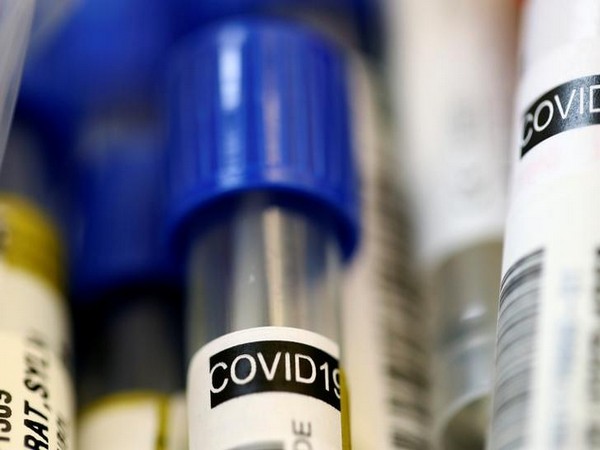UNICEF and Japan join hand to intensify fight against COVID-19 in Cameroon
UNICEF welcomes the latest contribution of over $2,300,000 from the Japanese government for the fight against the pandemic.

- Country:
- Cameroon
With the upsurge of the COVID-19 pandemic in Cameroon, UNICEF and the Japanese government have joint hands with other partners to intensify the fight against COVID-19 in the country. UNICEF welcomes the latest contribution of over $2,300,000 from the Japanese government for the fight against the pandemic.
Faced with the crisis, Japan believes that it is necessary to implement urgent measures that will protect life and minimize socioeconomic impacts as well as strengthen health systems to fight against infectious diseases in the medium and long term. To avoid neglecting the most vulnerable in these efforts, importance needs to be attached in inclusive systems based on the concept of human security that emphasizes the protection and empowerment of everyone.
“We are delighted that the Japanese government has responded so quickly and so generously to the urgent needs of the government of Cameroon to fight the pandemic,” said UNICEF Country Representative Jacques Boyer”. “The needs are very urgent, and we are grateful for this strong and early support that will reinforce health systems in the country, thereby responding to the pressing needs of women and children.
Funds recently donated by the Government of Japan will permit at least 300,000 people including women and children to run lesser risks of being contaminated by Covid-19. Likely, 300 health professionals and community health workers will have better technical capacities to prevent and control the pandemic; 2000 children and women access to essential health care services, including immunization, prenatal and postnatal care, HIV and GBV care will be increased. Last but not the least, 450,000 children have been supported with inclusive distance-based learning.
While implementing the response funded, UNICEF will work in collaboration with the government and other relevant stakeholders to achieve the above mention results for women and children.
(With Inputs from APO)
ALSO READ
AfDB earmarks over 50 percent of funding for transport infrastructure in Cameroon
Number of children killed in Ukraine increased by 40 per cent as attacks continue, UNICEF warns
Capsizing of Tuvalu boat carrying vaccines highlights climate change challenges, UNICEF says
Ukraine war: UNICEF highlights 40 per cent rise in children killed this year
23.7 million people need humanitarian assistance in Afghanistan: UNICEF










